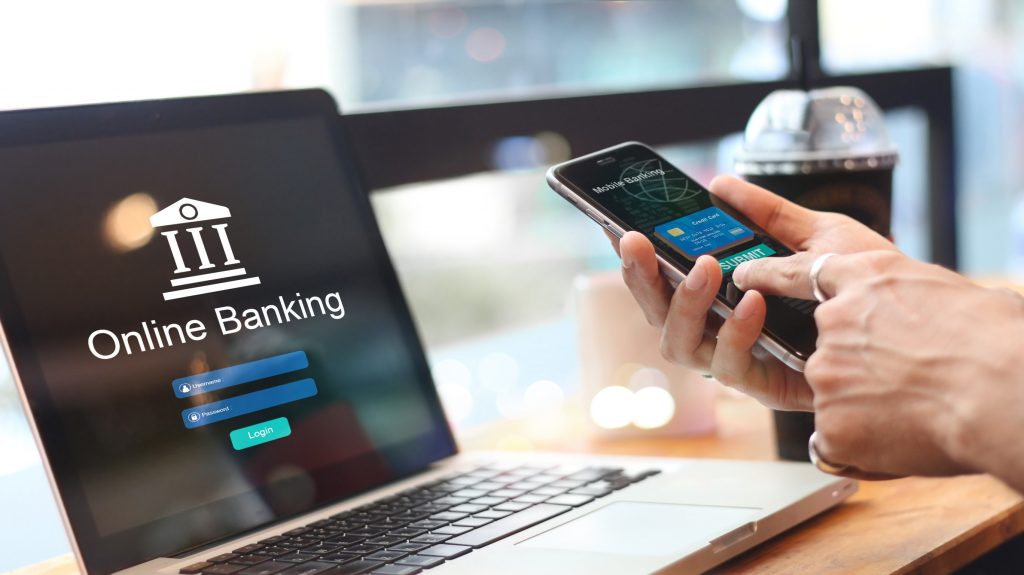
Online banking gives you the ability to manage your accounts without visiting a branch in person. You can use your computer or mobile device to do banking-related tasks when it’s most convenient for you – even outside of normal banking hours.
Many brick-and-mortar banks now offer a suite of online services, or you can choose an online-only bank. Either way, it’s important to understand the online banking experience to determine whether it’s right for you.
Some Pros and Cons of Banking Online
With online banking, it’s easy to accomplish most everyday transactions. You can open a checking or savings account, transfer funds, pay bills, check balances, and even apply for a loan. You can also link accounts at different banks and transfer money to friends and family. Many banks offer a mobile check deposit option, allowing you to deposit checks using the bank’s phone app. This saves time and makes it easier to manage your financial accounts.
However, banking online may be impractical if you frequently make large deposits or withdrawals. Some banks have a daily limit on both mobile deposits and ATM withdrawals, which means you must go to a branch to complete the transaction. This is especially inconvenient if your bank does not have a large network of branches or ATMs nearby.
Banking online also may be difficult for those who are technology challenged, and glitches can be problematic if they happen when you need to conduct a time-sensitive transaction. If you have a specific customer service issue or need to discuss different loan options, you are often better off meeting face-to-face with bank personnel.
Mobile Alerts Provide Peace of Mind
According to the ABA Banking Journal, 30% of online banking transactions are done via mobile phone. If you use a mobile banking app you also have the ability to set up instant alerts. There is an array of options, but here are three essential alerts that will help you avoid unnecessary fees and protect you from fraud:
- Low Balance Alert: Helps you avoid overdraft fees and make better financial decisions.
- Unusual Account Activity Alert: Helps prevent fraud by notifying you when there’s a change in your account status that is outside of normal activity, such as unusually large or numerous purchases.
- Profile Change Alert: An added security feature that notifies you when your password or username changes or the personal details of your profile are updated.
Should You Go Paperless?
If you’ve been thinking about moving your banking and bill payments completely online and switching from traditional statements to paperless billing, here are some things to consider before making a change:
Pros:
- Helps the environment and reduces clutter
- Less chance of identity theft resulting from stolen mail
- Some companies offer money-saving incentives for switching
Cons:
- Easier to miss emails and reminders and forget to make payments
- Less likely to review monthly statements and spot errors or unusual charges
- More usernames and passwords to remember
If you choose not to sign up for paperless billing, you can still pay bills online through your bank (if they offer online bill payment services) or directly through the vendor’s website.
If you, your client or a loved one needs help handling their financial, personal and/or legal documents, Liberty Paperwork Solutions can help. Call or email us today for a free, confidential conversation.
